Warning: The following article about how Doctor Who is giving us something it hasn’t in a very long time contains spoilers.
Over the last one and a half episodes of Doctor Who, we have been introduced to the next Doctor, number 15, played by Ncuti Gatwa, and there is one striking thing about him. It seems to be setting him apart from every Doctor since the series was rebooted in 2005 (known as NuWho) and maybe even back into the classic series. Gatwa’s Doctor is happy.
Now, I’m not here to argue that the Doctor’s last eight incarnations (or is it nine with Jo Martin?) haven’t felt the emotion of happiness over the past nearly 20 years. Instead, I am saying that happiness has not been at the core of any of them. NuWho has built its Doctor around trauma, unpacking his past, and a certain, ever-present emotion of despair. It is one of the often-cited reasons that the Doctor needs a companion to travel along with them. Yes, the Doctor is often hopeful, optimistic, and resilient, but it has all been surrounded by sadness throughout. It appears, however, that this may change with Gatwa’s Doctor, whose very being seems to be joyous.
The Depression of the Doctor
Doctor Who‘s rebirth is absolutely fantastic, and it’s all thanks to the man who is trying to rebirth the show once again, Russell T. Davies. In 2005, Davies relaunched the series to critical acclaim, guiding it into a global sensation. This NuWho also gave us the Time War, a battle between the show’s biggest villain, the Daleks, and the Doctor’s people, the Time Lords, which ended with the destruction of both sides by the Doctor himself. For the series and Davies, it was a way to ditch what had become quite the convoluted storyline since Doctor Who‘s premiere in 1963 – involving Gallifrayan presidencies, Elder Gods, The Watcher, forced regeneration, and the possibility that the Doctor was half-human. But for the Doctor as a character, it meant guilt and sorrow.
Doctors Nine (Christopher Eccleston), 10 (David Tenant), and 11 (Matt Smith) all had the guilt of the Time War weighing down on them heavily. It led Nine to utter in near hysterics the classic line, “Just this once everybody lives!” It turned Ten into the Time Lord Victorious, an all-powerful god. It made Eleven’s run defined by a portrayal that hid sadness behind his eyes at almost every turn. It wasn’t just the ever-present weight of the genocide of two different races, either. The Doctor in this period also saw the death of his wife before he ever got to know her, had to leave the first person he’d truly loved in a long time in a different dimension, was forced to wipe the memory of his best friend so she wouldn’t die, killed the only other Time Lord still living, got so depressed he basically retired into the TARDIS for decades, went to his own grave on Trenzalore, murdered his wife, watched the parents of his wife and companions get sucked back into time, and probably a million other soul-crushing events I’m not even thinking about.
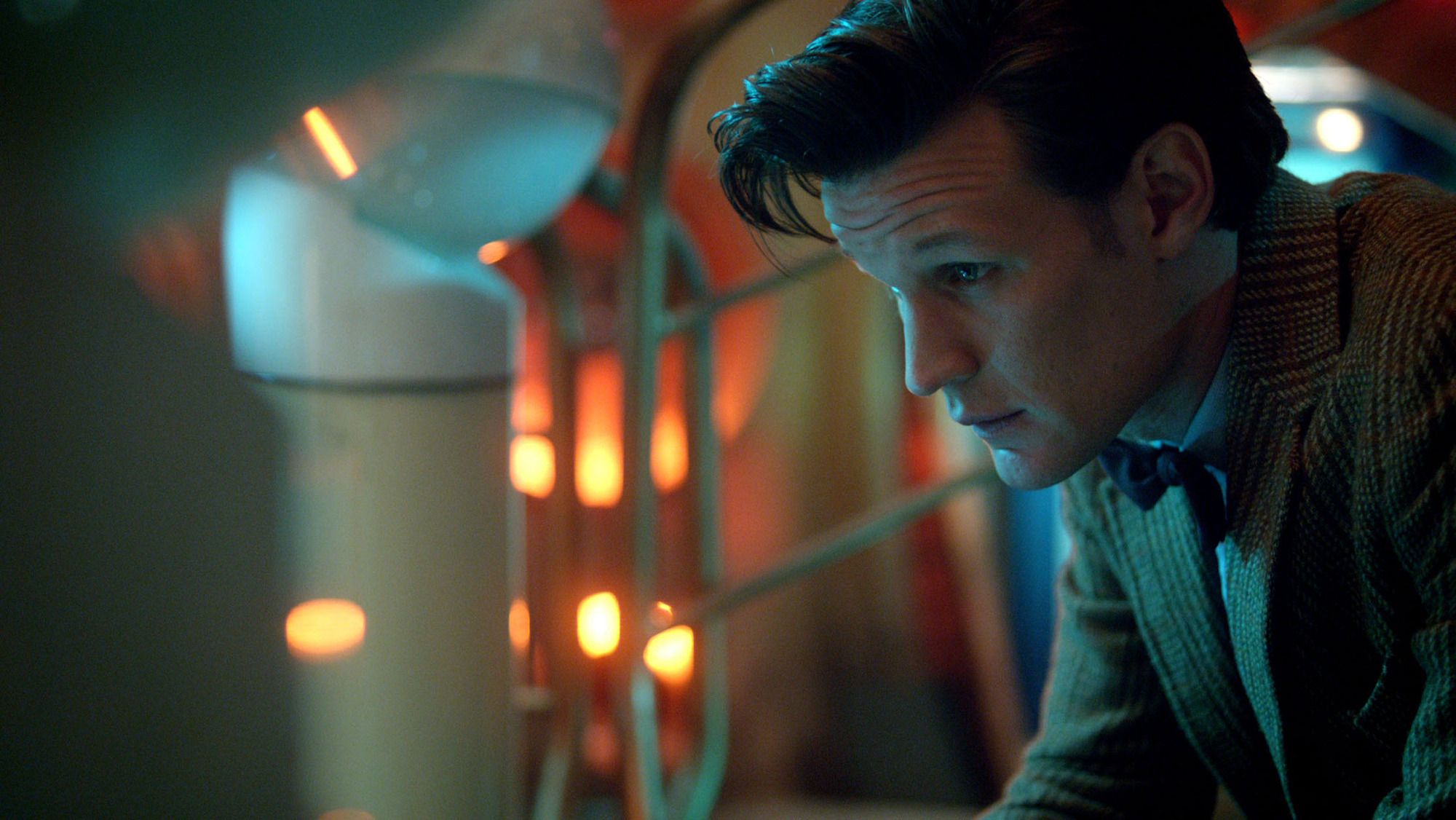
Finally, after three regenerations and multiple seasons of television, the Doctor confronted his actions in the Time War and was able to get over some of the guilt thanks to a bunch of timey-wimey stuff and a big button. However, we also learn in that episode about the War Doctor, an incarnation the Eighth Doctor (Paul McGann) regenerated into specifically to fight a war and one who was built to kill. However, even this bit of historical revision doesn’t solve the Doctor’s underlying ennui. 12 (Peter Capaldi) is instantly questioning who he is (“Am I a good man?”), and running with that until his eventual regeneration makes him literally confront himself in his first incarnation. Then there’s the death of two of his companions and Missy, the complete memory wipe of Clara from his mind, being imprisoned for eons in a time dial by his own people, more depressing stuff with his wife, and the possibility that he is the universe destroying “hybrid.”
13 (Jodie Whittaker) gets off to a better start as the series received a new showrunner and a soft reboot, but it very quickly sent the Doctor spiraling into depression again. She not only seems very confused about who she is, but she’s also relentlessly lonely, needing her “fam” around her in an almost desperate way. As the seasons unfold, she discovers she’s actually not who she thought she was, that her entire people were lying to her, she’s had her memory wiped (again), and half the universe eventually dies because of her being the Timeless Child. That leaves her to regenerate into Fourteen, who has the same face as Ten and is still struggling to unpack all their shit.
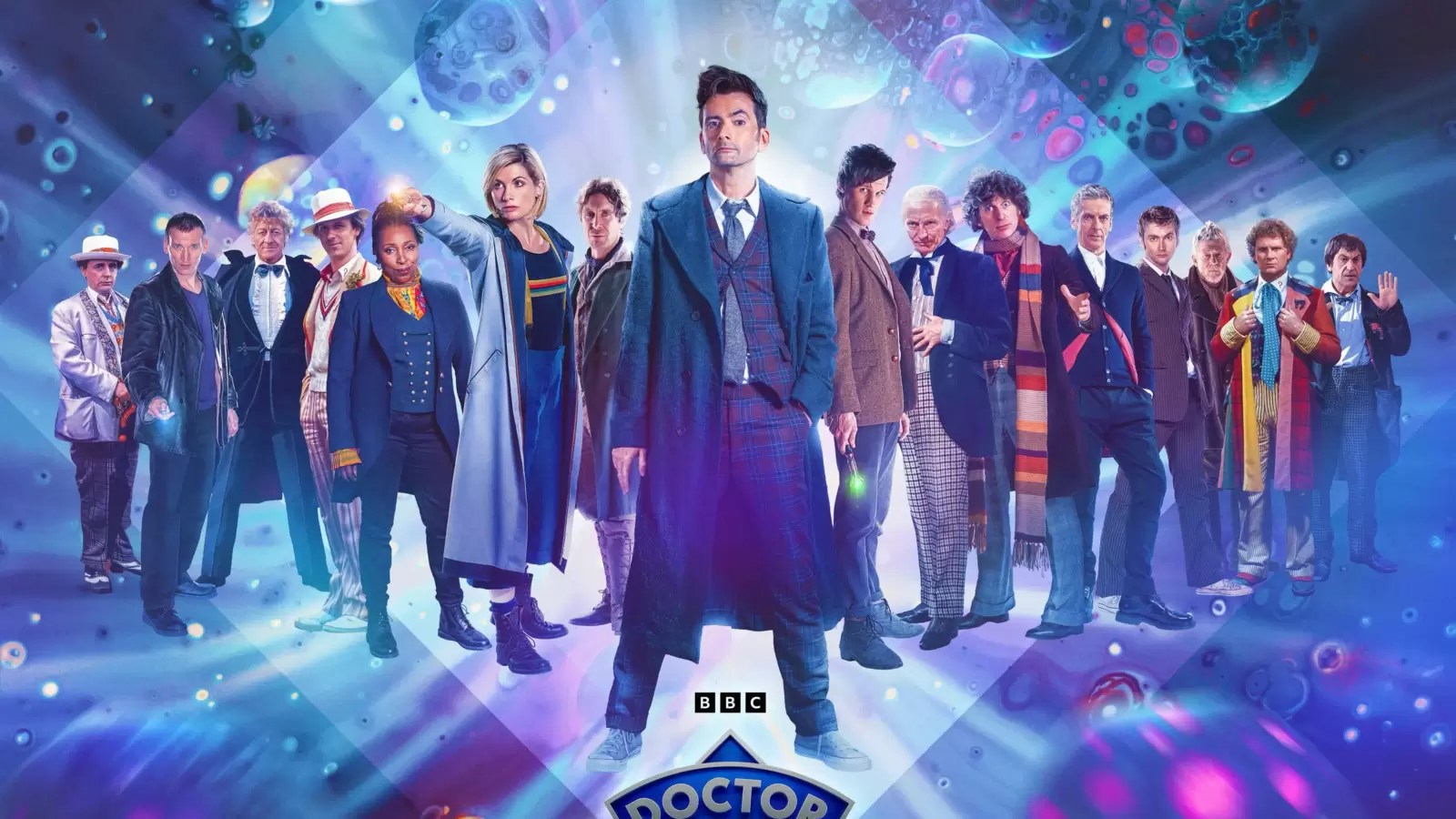
Hell, if we go back even further into Classic Who, it’s not very clear when the Doctor didn’t have darkness embedded deep inside him. It’s possible Eight was happy, but his one outing doesn’t really define him all that well, and the next time we saw him, he was falling apart because of the Time War and forced himself to regenerate into the War Doctor. Seven (Sylvester McCoy) was a conniving, mercurial, secret-keeping, possible Elder God who was more interested in the big picture than happiness. Six (Colin Baker) was arrogant, grumpy, and put-offish from the get-go (before being redeemed in audio). Although Five (Peter Davidson) may have been one of the more pure-hearted Doctors, he was stuck with three companions he didn’t especially like, and then one of them dies, a massive moment that was skipped over thanks to the show not really doing “emotion” back then. Maybe we have to go all the way back to the Fourth Doctor (Tom Baker) to really find one whose very essence was based on happiness, and even he started spiraling once Romana left. If we don’t count Four, then we have to go even further back because Three (John Pertwee) was imprisoned on Earth and hated it, so Two (Patrick Troughton) would have to be it before he was forced into regeneration by the Time Lords.
Of course, going back into classic Doctor Who is a bit tongue-in-cheek, and this isn’t to say that the Doctor wasn’t happy ever or that these were bad iterations of the Doctor, but, for the most part, they’ve all come into being with heavy baggage and just added more and more on top of that. What is clear is that since the show was rebooted, sadness has been rooted in the Doctor.
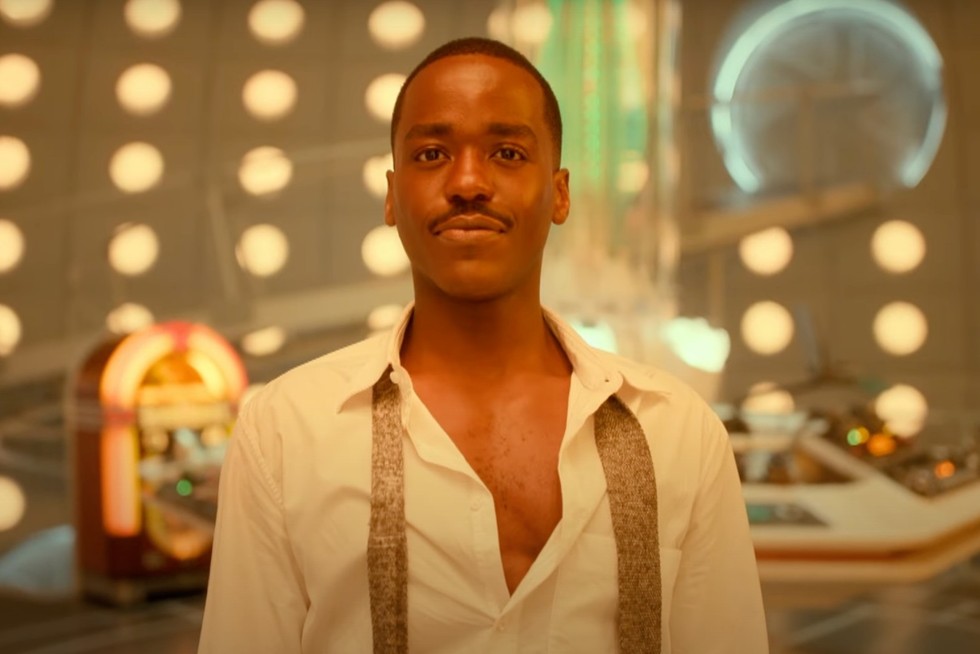
We Happy Who
Of course, bad things are going to eventually happen to 15, but Gatwa’s Doctor enters the series on a much different footing than his predecessors: as a giant, half-naked ball of joy. He popped out of Tenant’s Doctor in the series’ first instance of bi-regeneration (let us talk about that some other time) and instantly offered a stark contrast to the psychologically scarred Doctor standing next to him. The 14th Doctor, as laid out above, has some serious issues to figure out, but his next incarnation, in an unfortunately short bit of dialog, hints that he’s the result of him figuring them all out. Gatwa’s Doctor is a Doctor finally unburdened from his past and just enjoying the universe again, all thanks to some seriously heavy emotional lifting done by the 14th Doctor while living with his new family (and totally forgetting his granddaughter, Susan).
In his first appearance, we see him effuse joy, not only in his character but in solving problems. Grabbing a giant toy hammer and playfully smashing another TARDIS into existence? Yeah, that’s something a happy person does. Of course, in the Christmas episode things seem much different as the Doctor’s first appearance in that episode is one of him crying. In just the time of one episode we’ve gone from jubilation to once again crying in precipitation (snow this time). However, we soon learn that those tears were triggered by the loss of love, not the inner turmoil of the Doctor. And, while the Doctor does reference being alone and his recent discovery that he is “adopted” these, so far, do not appear to be core defining characteristics.
No, instead what we see is a Doctor almost perpetually smiling, dancing like a madman at a club, and full of the splendor of a goblin civilization whose entire technology appears to be based on timey-wimey ropes. Hell, this Doctor’s first instinct when cornered is to burst into song (the Labyrinth feels were real) instead of yell about his power and the true monsters he’s faced. In this first episode, we have a Doctor who feels the full range of emotions but functions on glee, especially cherishing the moment he gets to proudly stand in the TARDIS and tell Ruby Sunday that he’s the Doctor with no regret or remorse.
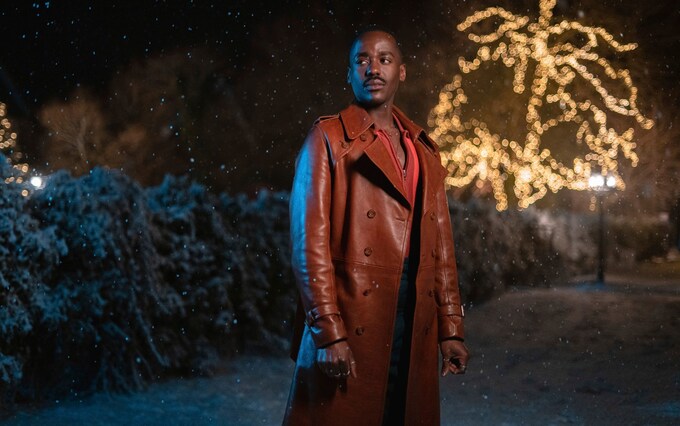
Future Times
Of course, this is Russell T. Davies we are talking about here, the man who invented the Time War and left Donna Noble without a memory for more than a decade, emotionally crushing all of us. Things will probably get sad again. However, much like how I wasn’t arguing that the other Doctors were never happy, just that their basis was one of strife, I hope that 15 will be the inverse. This Doctor should function on joy, with sadness being an emotion that he has but is not his defining characteristic. The future of Doctor Who is far brighter if the Doctor’s character, at its core, is one of happiness, not pain.
I think Davies seems to recognize this. As the man who sent the Doctor and NuWho down this path of self-reflection, regret, guilt, and doubt, it’s refreshing to see that he also wants to finally resolve it. Sure, all that work is being done off-screen as 14 hangs out with Donna and her family, but it’s done. Hundreds of years of emotional strife are lifted from this Doctor, allowing him to have fun again.
For those hoping for some sort of resolution to the Timeless Child arch this might sound crummy but I honestly hope it was resolved off screen. That’s not just because that storyline was dumb, written poorly, and a had an awful payoff but because it would hinder a new direction for the Doctor, one where his motivations are sparked by joy, not regret. One where people aren’t constantly talking about the sadness hidden within him. One where the Doctor can truly be what doctors do: healed.

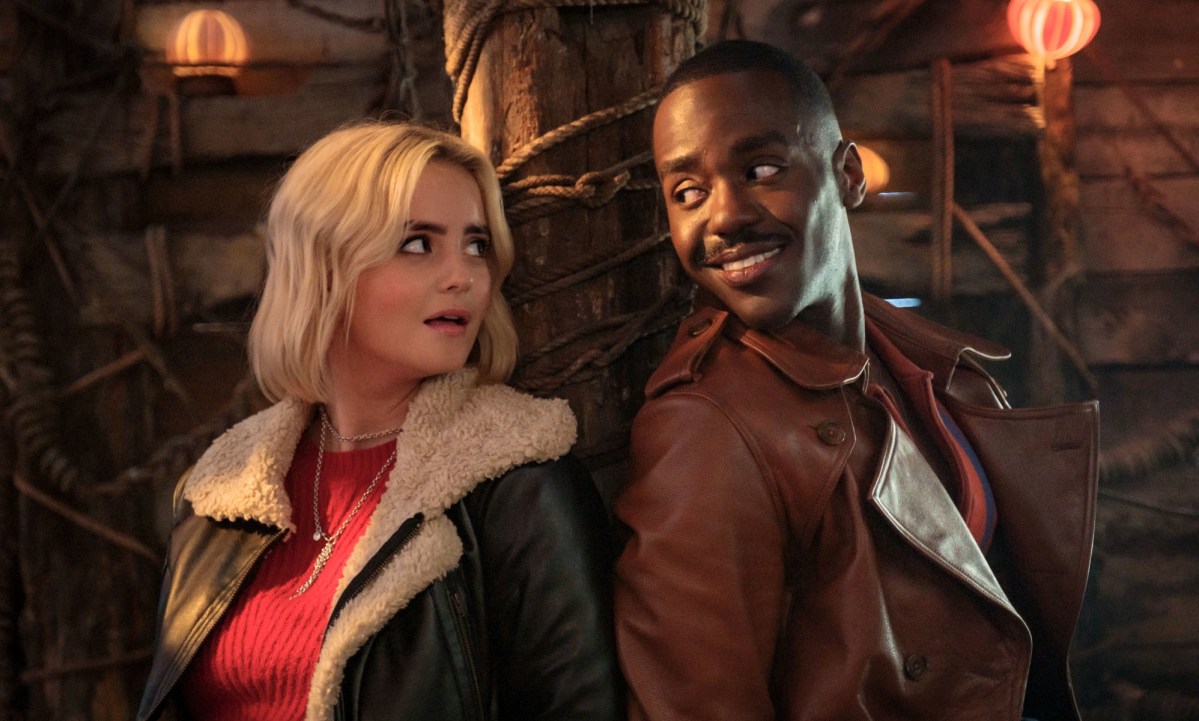

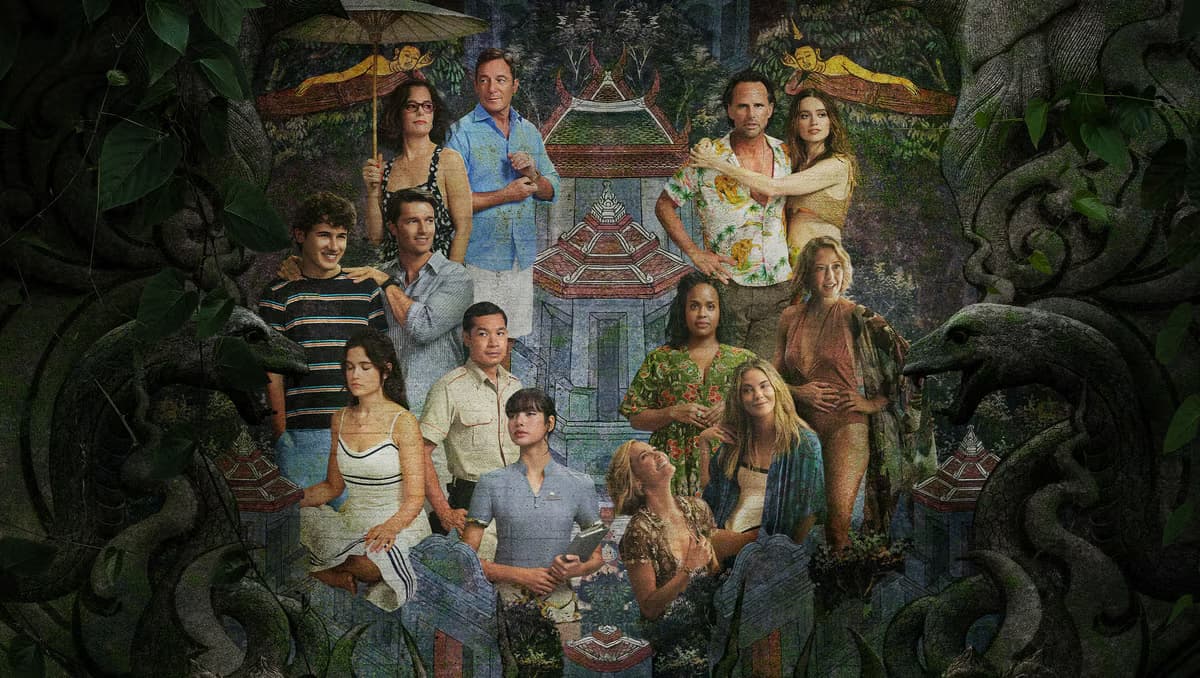
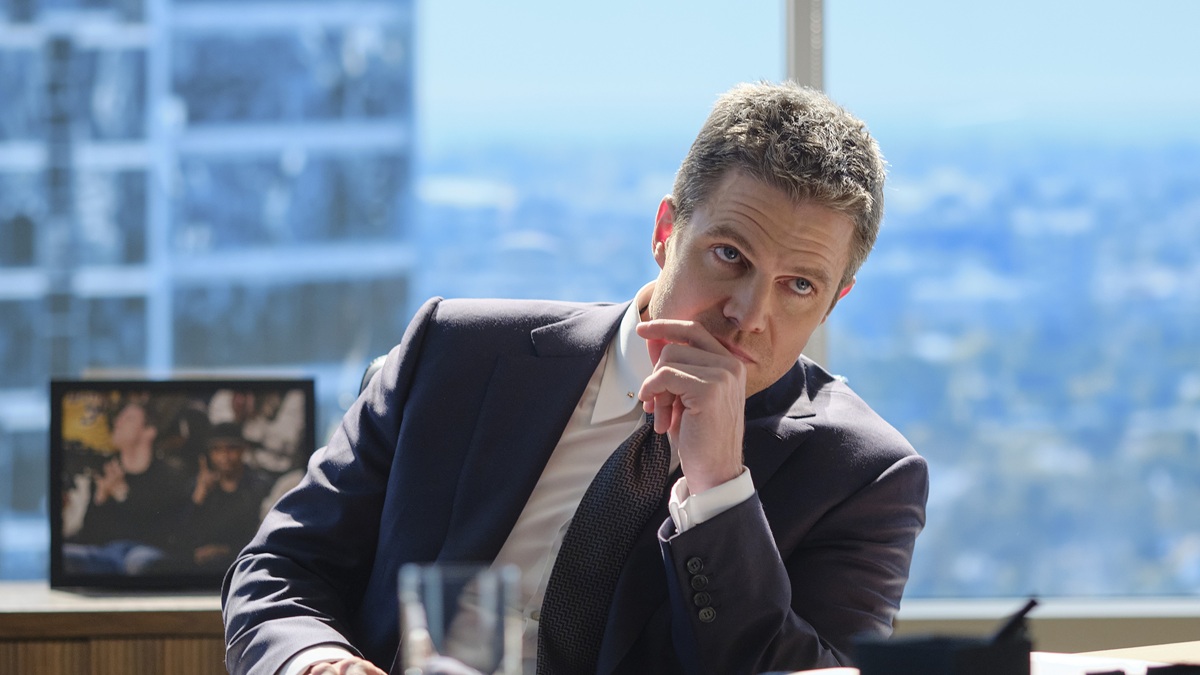
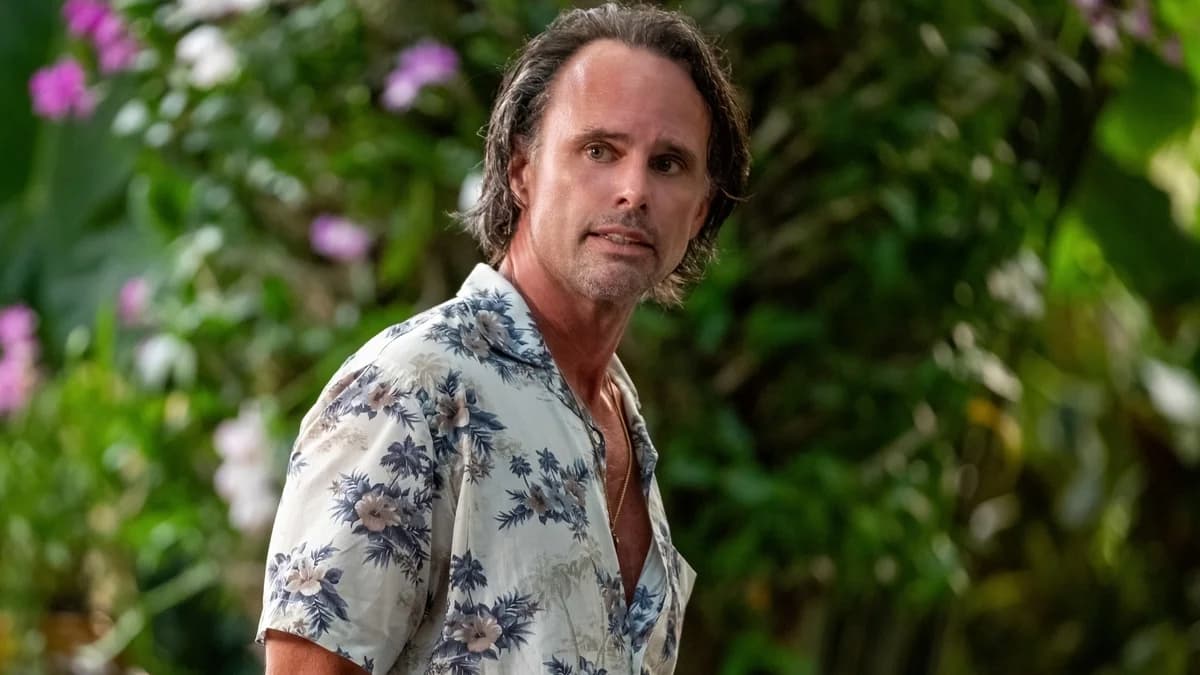


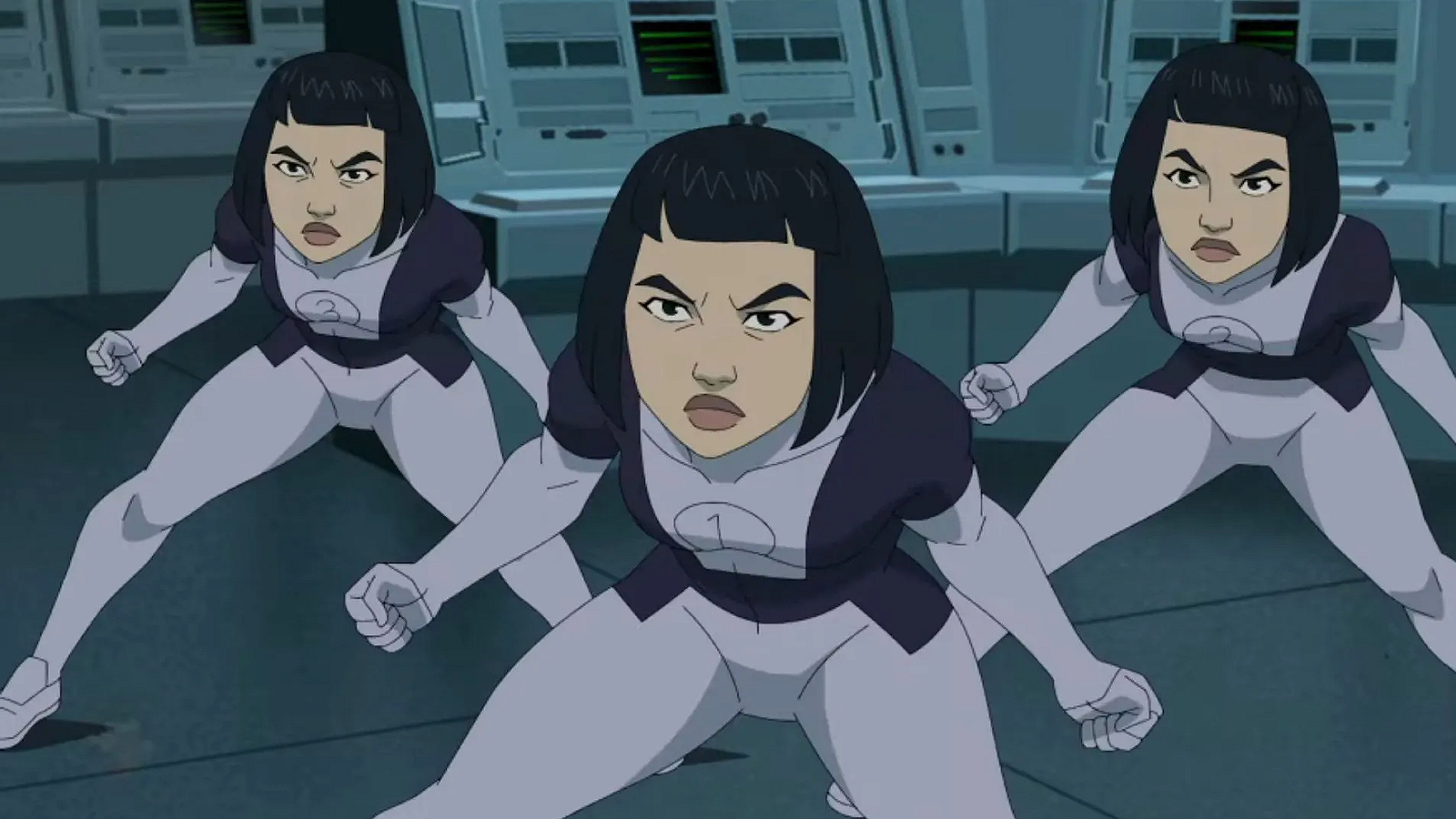





Published: Dec 24, 2023 02:00 pm